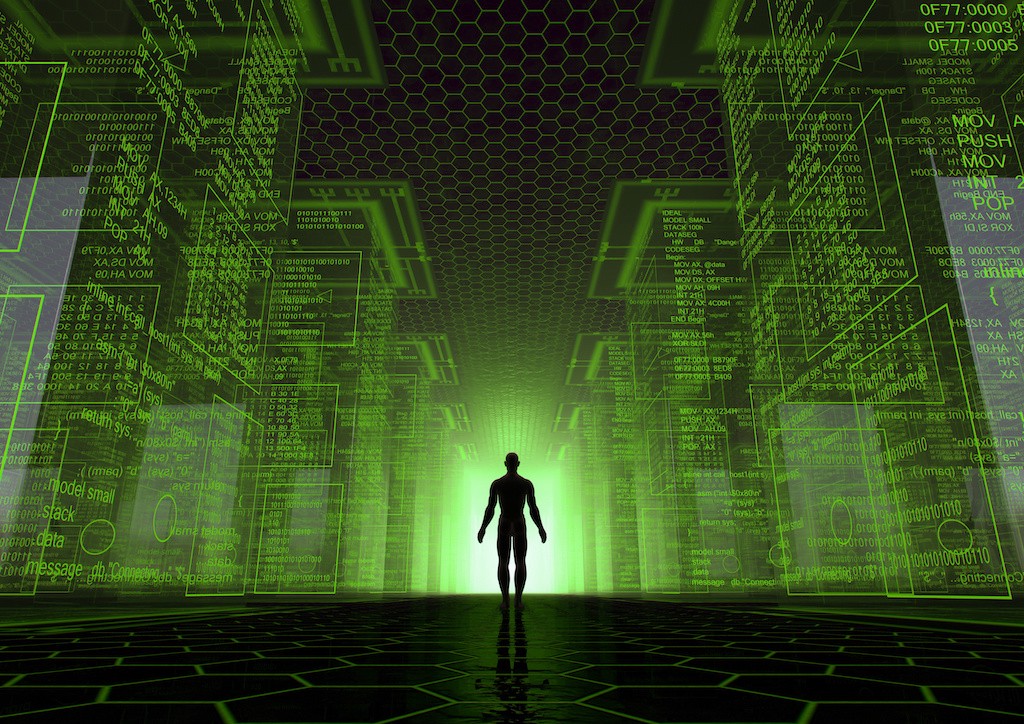
No, not living in sin, living in a sim — a computer simulation. That is the provocative idea behind what is called in philosophy “simulation theory.” You might be familiar with the basic concept from watching The Matrix series of movies. But the idea has been around for a long time.
For centuries, philosophers have wrestled with simulation theory. That’s the proposition that the world we appear to be living in might not actually be “real.”
Some of the earliest musings on this subject came from René Descartes in the 17th century. Descartes observed how dreams can feel very real. And he extrapolated from that sensation that it might in fact be difficult to distinguish dreams from conscious reality. He famously said, “It is possible that I am dreaming right now and that all of my perceptions are false.”
Descartes focuses on dreams because he is writing, of course, in an era that long predated computers, let along the sophisticated and power artificial intelligence systems that today hold out the promise (or threat) of creating for us immersive simulated realities that we may be unable (or unwilling) to distinguish from physical reality.
Farhad Manjoo, technology writer for the The New York Times, explores some of these ideas, and their implications, in an opinion piece published last week at the paper’s website. Manjoo puts it this way:
I’ve come to believe that the coming world of virtual reality might one day be regarded as every bit as real as real reality. If that happens, our current reality will instantly be cast into doubt; after all, if we could invent meaningful virtual worlds, isn’t it plausible that some other civilization somewhere else in the universe might have done so, too? Yet if that’s possible, how could we know that we’re not already in its simulation?
The conclusion seems inescapable: We may not be able to prove that we are in a simulation, but at the very least, it will be a possibility that we can’t rule out.
In fact, Manjoo argues that the state of the art of virtual reality technology is advancing so quickly that it “seems quite reasonable to guess that the world inside V.R. could one day be indistinguishable from the world outside it.” If and when this becomes the case it raises some provocative questions. For instance, if we can easily move back and forth between a physical reality and virtual worlds that feel exactly like the physical world, which should we regard as real? Would it automatically be the physical world? And which would we (or perhaps should we) prefer? What would this mean for the reality of our own existence? And would we get to a point where we no longer know which reality is real, and whether we are physically embodied or simulations? And does it even matter?
In short, in our discussion this week we’re taking the kind of conversations we’ve had in the past about technology, computers, artificial intelligence, and the internet and turning the knob to 11.
Join us for the conversation tomorrow evening, Tuesday, Feb. 1, at 313 Pizza Bar in downtown Lake Orion. The fun starts at 7 pm.